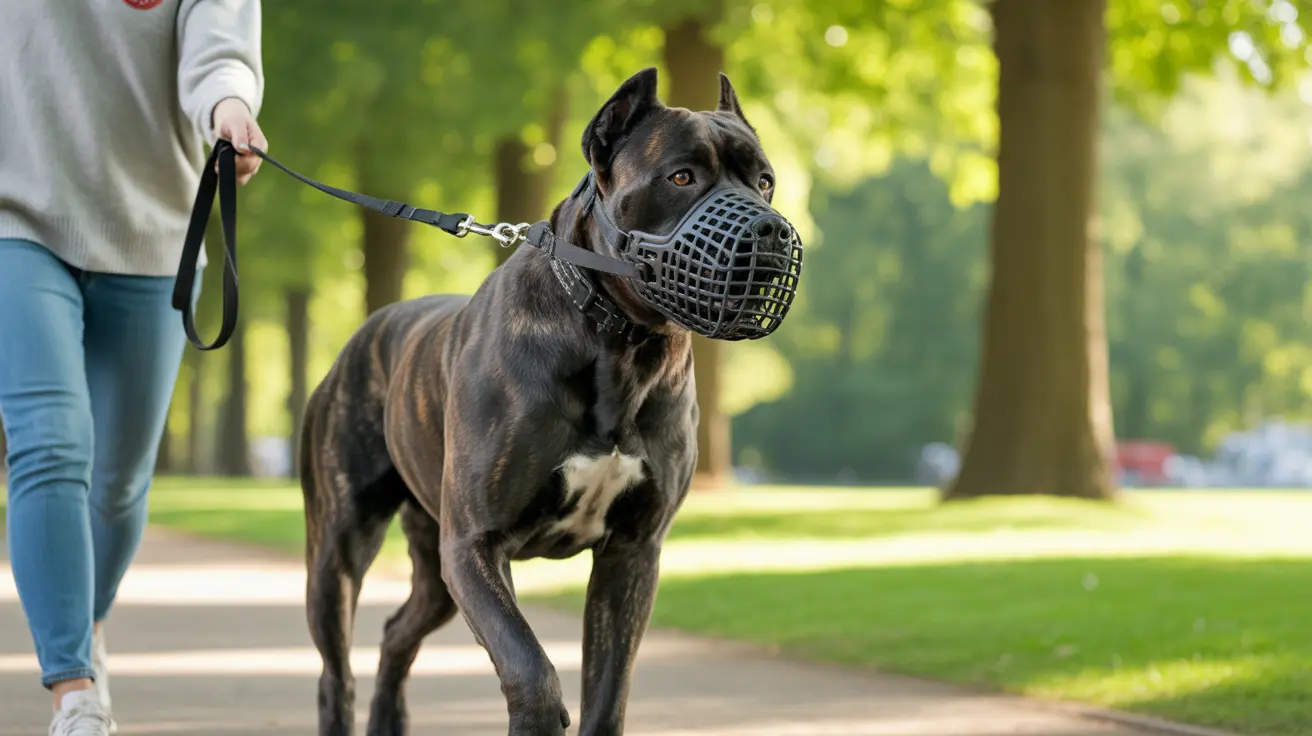For potential dog owners interested in the majestic Cane Corso, understanding the legal landscape in the United States is crucial. While these powerful Italian Mastiffs are generally legal at the federal level, various local restrictions and regulations can affect your ability to own one.
This comprehensive guide will explore where Cane Corsos are legal, what restrictions exist, and what prospective owners need to know before bringing one home.
Federal and State-Level Legal Status
At the federal level, there are no laws prohibiting Cane Corso ownership in the United States. Additionally, no state has implemented a complete statewide ban on the breed. However, the legal situation becomes more complex at local levels.
Several states have municipalities or counties with specific restrictions on Cane Corsos, including Arkansas, Colorado, Idaho, Kansas, Nebraska, Oregon, South Dakota, and Washington. These restrictions are typically part of broader breed-specific legislation (BSL).
Understanding Local Restrictions and BSL
Breed-specific legislation affecting Cane Corsos can vary significantly by location. Common restrictions include:
- Mandatory muzzling in public spaces
- Special licensing requirements
- Higher insurance liability coverage
- Specific containment requirements
- Registration with local authorities
These regulations often group Cane Corsos with other large breeds like Pit Bulls, Rottweilers, and other Mastiff types.
Housing and Insurance Considerations
Even in areas where Cane Corsos are legal, housing restrictions may apply. Military housing and many rental properties commonly prohibit the breed. Additionally, insurance companies may:
- Deny coverage to Cane Corso owners
- Charge higher premiums
- Require special liability policies
- Exclude dog-related incidents from coverage
Responsible Ownership Requirements
Where Cane Corsos are legal, responsible ownership is crucial. This includes:
- Comprehensive early socialization
- Professional training programs
- Secure fencing and containment
- Regular exercise and mental stimulation
- Compliance with local regulations
- Understanding the breed's guardian instincts
Future of Cane Corso Legislation
There's a growing movement toward behavior-based rather than breed-specific legislation. Many communities are focusing on responsible ownership practices instead of breed bans. However, prospective owners should stay informed about potential changes in local laws.
Frequently Asked Questions
Are Cane Corsos legal to own in all U.S. states or are there breed-specific restrictions?
While Cane Corsos are legal at the federal level and no state has a complete ban, many states have local jurisdictions with specific restrictions or regulations on ownership.
Which U.S. cities or local areas have bans or regulations on Cane Corso ownership?
Various cities and counties in states like Arkansas, Colorado, Idaho, Kansas, Nebraska, Oregon, South Dakota, and Washington have restrictions. The specific regulations vary by location.
What legal requirements like muzzling or special licensing apply to Cane Corsos in restricted areas?
Common requirements include mandatory muzzling in public, special permits, liability insurance, specific fencing requirements, and proof of professional training.
How do breed-specific laws affect Cane Corso owners in military housing or rental properties?
Military housing and many rental properties typically prohibit Cane Corsos, regardless of local laws. This restriction often applies to other large breeds considered "dangerous."
What should prospective Cane Corso owners know about checking local laws before getting this breed?
Prospective owners should research city and county ordinances, HOA rules, rental agreements, and insurance policies. It's essential to verify all requirements before acquiring a Cane Corso.
Understanding and complying with local regulations is crucial for successful Cane Corso ownership. Always consult with local authorities and legal professionals to ensure compliance with current laws in your area.






